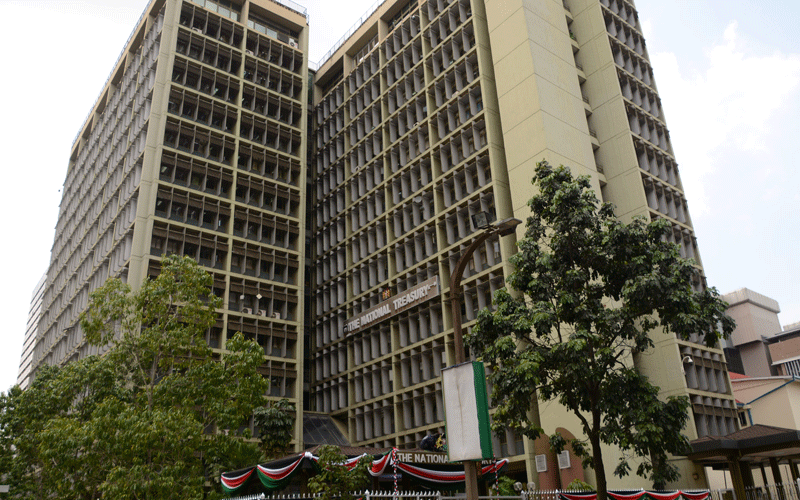SMEs tipped on how to survive inflation effects
By Lewis.Njoka, June 29, 2022Small and Medium Enterprises (SMEs) will have to exercise prudence in spending and review their business models in the long term to deal with the effects of the high inflation being experienced globally, experts have said.
Kenya’s inflation hit a 27-month high in May driven by a jump in the price of essential items like cooking oil, food, fuel and soap. Kenya National Bureau of Statistics (KNBS) inflation rate, which measures the cost of living, rose to 7.1 per cent in May up from 6.5 per cent the previous month.
It is the highest inflation rate since February 2020 when it stood at 7.2 per cent. The increased cost of living has been blamed on among other factors, the conflict between Russia and Ukraine which has seen the cost of fuel and food skyrocket globally.
Increased inflation has forced many consumers, especially in the low-income segment, to reduce their spending, a move that has affected SMEs which mostly serve the lower segment of the society.
The unwelcome development comes just as SMEs were beginning to recover from the effects of the Covid-19 pandemic. SMEs are one of the segments of the economy hardest hit by the pandemic.
Purchasing power
With increased inflation small business owners have had to grapple with increases in the costs of supplies and services required to run their businesses. Worse still it has decreased the purchasing power of their customers.
Chief economist at Mentoria Economics, Ken Gichinga, says SMEs should prioritise their spending and consider reviewing their business models to increase their chances of surviving through the ongoing inflation.
He called on SMEs to consider manufacturing or sourcing some of their wares locally as opposed to importing, which is more expensive.
“For the short term, it’s just a matter of exercising prudence in terms of managing costs and expenditure. Exercise prudence on things that are not super critical and give priority to areas that are fundamentally critical to the business,” Gichinga said.
“The long term has to be on reviewing the business model. You’ll find that some companies are very import-dependent and the prices of imported components have really gone up. So, they might want to look for cheaper local substitutes,” he added.
Churchill Ogutu, a senior research analyst at IC Group, noteed that SMEs are affected differently by inflation jumps with those that depend heavily on imported inputs feeling the pinch more than those that do not. “Most of the factors driving the recent price increases are supply shocks which the SMEs cannot do anything about. Factors such as increased fuel prices are out of their control,” he said.
“Unless there are inputs that they can source locally or get some alternatives, that could be a better route to circumnavigate the higher commodity prices. But it’s a bit difficult to pigeonhole all of them with one solution because they are impacted differently,” Ogutu added.
Major spike
Many countries around the world including the United States, Germany, France, Spain, Italy, South Korea, United Kingdom have reported a major spike in inflation rate with the US reporting a 40-year high rate of 8.6 per cent in the month of May.
In May, Central Bank of Kenya raised its lending rate (Central Bank rate) by half a percentage to 7.5 per cent, a move aimed at stemming the rising inflation and stabilizing the shilling.
World Bank has warned that the ongoing surge in inflation globally could last for even two years which might see some countries going into recession.
More Articles

